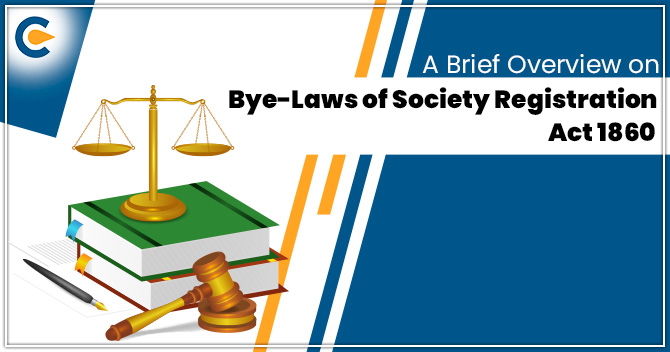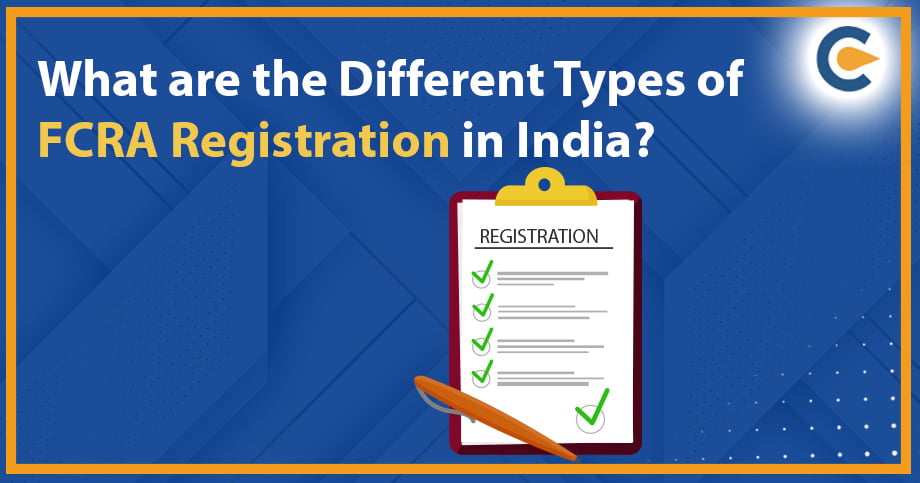Generally, a trust is recognized as a legal document that can be created during a lifespan of a person and sustain even after its death. This legal document can also be created by a will and even formed after the demise of the concerned person. In the blog, we have descriptively outlined the type of trust.
Once the given assets transformed into the trust, the trustee under no condition can use this asset for any usages. They remain subject to the provision of the trust contract.
In essence, trust is right to property, which is contained in a “fiduciary” connection by one person for the advantage of another. The trustee is the one who is entitled to control the trust property to the fullest. Meanwhile, the beneficiary is the person who obtained the advantage of trust registration.
Advantage of trust
- A trust is an effective way of defending assets against the unlawful claim.
- A frequent use for trusts is the mitigation of inheritance tax in the settlor’s jurisdiction.
- Trusts are heavily inclined towards reduced taxation on capital and income.
- Trust helps to protect assets from creditor or influencer with negative intension.
- Provide periodic disbursement of the assets in case of mistrust.
- Indian trusts are tools used to bring a relatively large pool of assets/ investments under one roof.
Read our article:NGO Registration – Step by Step Procedure
Basic types of trust
Revocable Trusts
Revocable trusts are formed during the persistence of the trust maker and can be altered or revoked entirely. Often recognized as a living trust, these are trusts in which the trust maker:
- Transfers the asset to a trust
- Serves as the primary trustee
- Has the power to hinder the obligation of the trust in the context of property during his or her lifespan.
Revocable trusts are helpful when it comes to avoiding probate. If possession of assets is assigned to a revocable trust (at any point of the trust maker’s lifespan), the assets will not be directed to probate.
Precisely, a revocable trust cannot be recognized as the asset protection technique as assets transferred to the trust will remain under the obligation of the trust maker’s creditors. It does make it a complicated task for creditors to access these assets since the creditor needs court permission to let the creditor get to the assets held in the trust. Typically, a revocable trust grows into an irreversible trust after the demise of the trust maker.
Irrevocable Trust
An irrevocable trust is one that cannot be altered or revoked once it is created. Once the asset put into the irrevocable trust, no one is entitled to reap the benefit of the property under the trust. This restriction is also applicable to the trust maker. Anybody can avail survivorship life insurance, the benefits of which are contained by an irrevocable trust.
This category of survivorship life insurance can be utilized for estate tax planning; however, that can result in negative consequences in a longer-term if it is held by an irrevocable trust.
Asset Protection Trust
An asset protection trust is basically designed to protect a person’s assets against the unnecessary claim in the future. The purpose of this trust is to provide complete protection of the person’s assets against the credit attack.
These trusts are structured in a way that the trust maker is not a current beneficiary. Also, it helps the undistributed assets of the trust divert back to the trust maker once the trust is expired, provided it is free from creditor attack.
Charitable Trust
Charitable trusts are meant to provide benefit to a particular charity in general. These trusts are established as an estate plan to lower the pressure of estate and gift tax.
A charitable remainder trust (CRT[1]) provides funds throughout the lifetime of the grantor. It can also act as a planning tool, providing valuable lifetime benefits to the trust maker. Apart from these financial benefits, there is the unseen advantage of paying the trust maker’s altruism as charities promptly admire the donors who have named the charity as CRT’s beneficiary.
Constructive Trust
A constructive trust acknowledged as an assumed trust. It’s the court which establishes this trust. Substantial facts and circumstances determine the implied trust.
In other words, a constructive trust is an obligation by one person or organization to possess some property on behalf of another person or company. A constructive trust radically established by the court as an “equitable remedy.” An equitable remedy is sanctioned by the court’s discretion and not in accordance with a statute.
Spendthrift Trust
A trust that does not allow the beneficiary to sell interests in the trust is known as a spendthrift trust. The spendthrift trust provides complete protection against the beneficiaries’ creditors until the trust property is distributed and given to the beneficiaries.
- A spendthrift trust is an excellent way to provide financial support to a beneficiary that cannot manage money or property. Depending on the heir, it might prove to be a great idea to avoid transmitting a lump sum inheritance.
- A spendthrift trust can be an efficient way of protecting the assets of a beneficiary against the unnecessary property claim.
- The beneficiary of a spendthrift trust is not entitled to sell, assign, transfer or pledge the trust assets. It provides a reliable assurance to the grantor or settlor in a longer period.
- Because assets passed to a beneficiary through a trust avoid the public process of probate, the inheritance you leave for your children in this type trust should be more private than if those same assets passed via a will.
The point should be remembered while creating the trust.
- Clearly define the beneficiary.
- Do not opt the beneficiary as the trustee to avoid the mishandling of the assets.
- A private trust reaches the termination after the 25 years.
Read our article: Charitable Institutions Related Changes u/s 12A/12AA and 80G-Budget 2020











